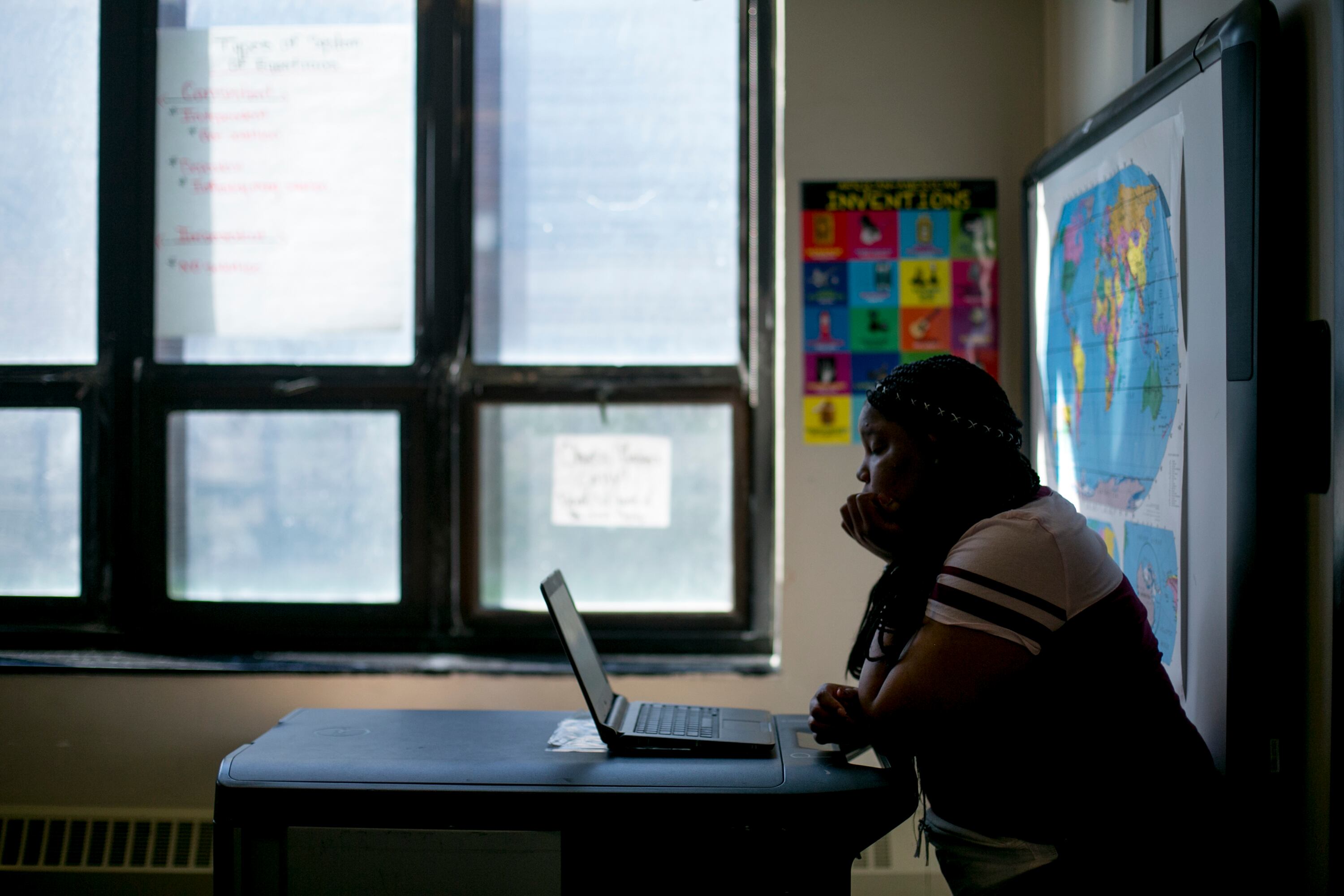Just when many students across Michigan are set to begin the school year online, a new audit has criticized how the state education department evaluates the quality and effectiveness of virtual schools run by traditional public school districts.
The audit also has found the Michigan Department of Education’s own auditing procedures fail to catch students who graduated from virtual programs without actually complying with state graduation requirements.
The findings, released by the state Office of the Auditor General, are included in the second of three audits the independent agency is completing on virtual learning in Michigan. The agency has already audited the Michigan Virtual University. The third audit will cover cyber charter schools.
The auditor recommends that the state education department develop a strategy to inform education leaders, lawmakers, school districts, and the public about the effectiveness of the virtual learning programs.
Such a strategy would also “help establish policies and guidance that support virtual learners and improve virtual learning outcomes.”
A department spokesman said the MDE has already worked to beef up its efforts to monitor the programs.
The audit comes during a significant moment of growth for virtual programs in the state. Most school districts are giving parents the option to enroll their children in fully online programs during the pandemic.
Even before COVID-19 upended education, the state was experiencing growth in online learning.
“Virtual learning has continued a trend of significant expansion in Michigan’s traditional public schools, with the reported number of virtual learners nearly tripling in the last nine school years from approximately 34,000 in school year 2010-11 to almost 100,000 in school year 2018-19,” the audit said.
The audit also dings the education department for:
- Ceasing to collect student data that is required by state law, saying it “diminishes” the ability to compare the effectiveness of virtual and non-virtual courses provided to students.
- Excluding about 26% of virtual learners, in its monitoring of district compliance, and failing to note that 14% of sampled graduates of virtual programs had not fulfilled all graduation requirements.
The report notes that the education department disagreed with two of the main findings, partially agreed with others and agreed with one. The report also said that after the audited period, the department changed its evaluation processes.
Auditors said they will assess the department’s corrective actions in a follow-up review.
The education department is now working with Michigan Virtual University, a nonprofit organization that is evaluating the effectiveness of virtual programs operated by districts, said Martin Ackley, spokesman for the MDE.
That relationship didn’t exist during the period the audit was completed, from 2013 to 2015.
“We have worked with Michigan Virtual on assuring that the programs are high quality,” Ackley said. “These are findings on a system and a process that is several years old.”
Read the full report below:








